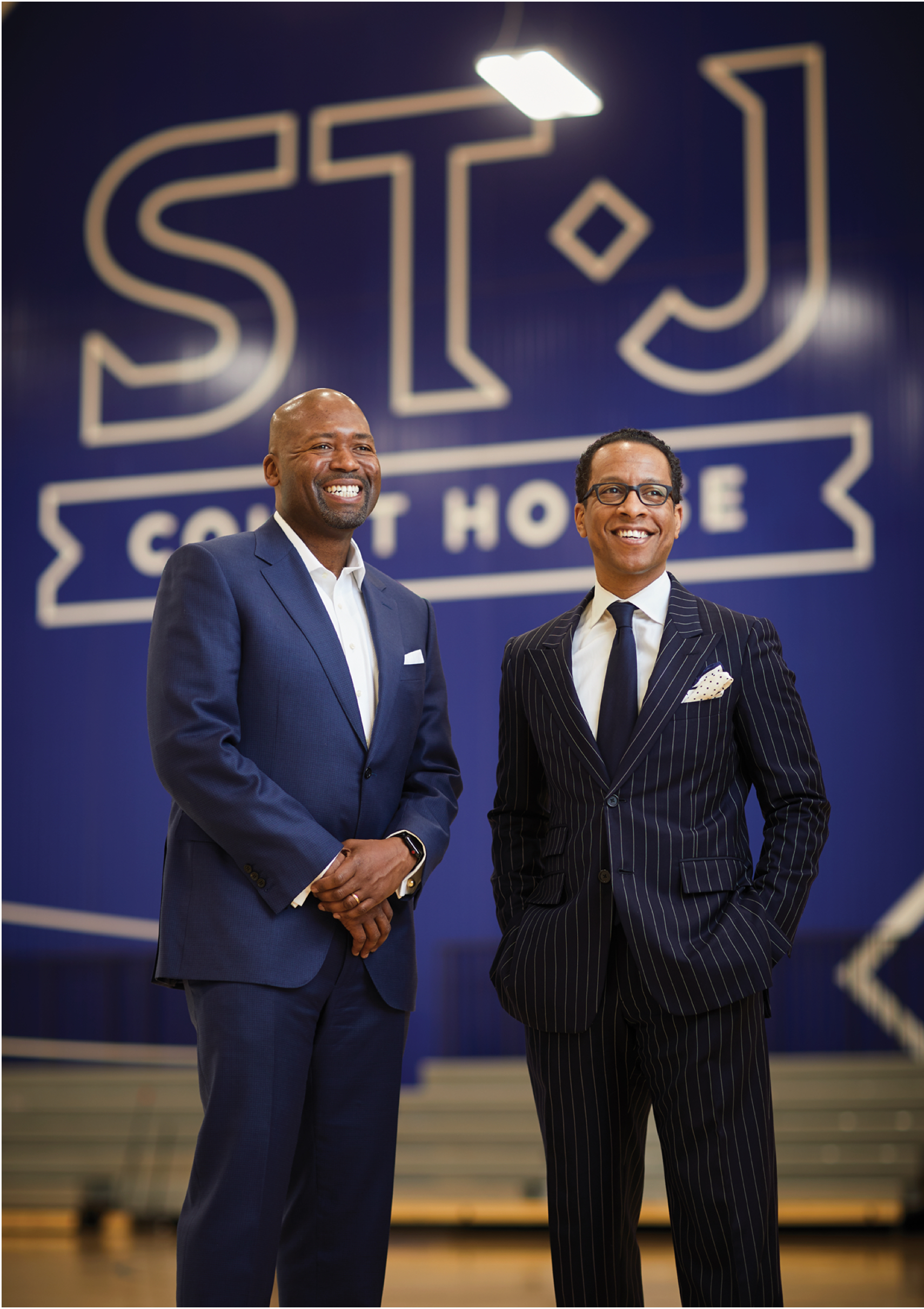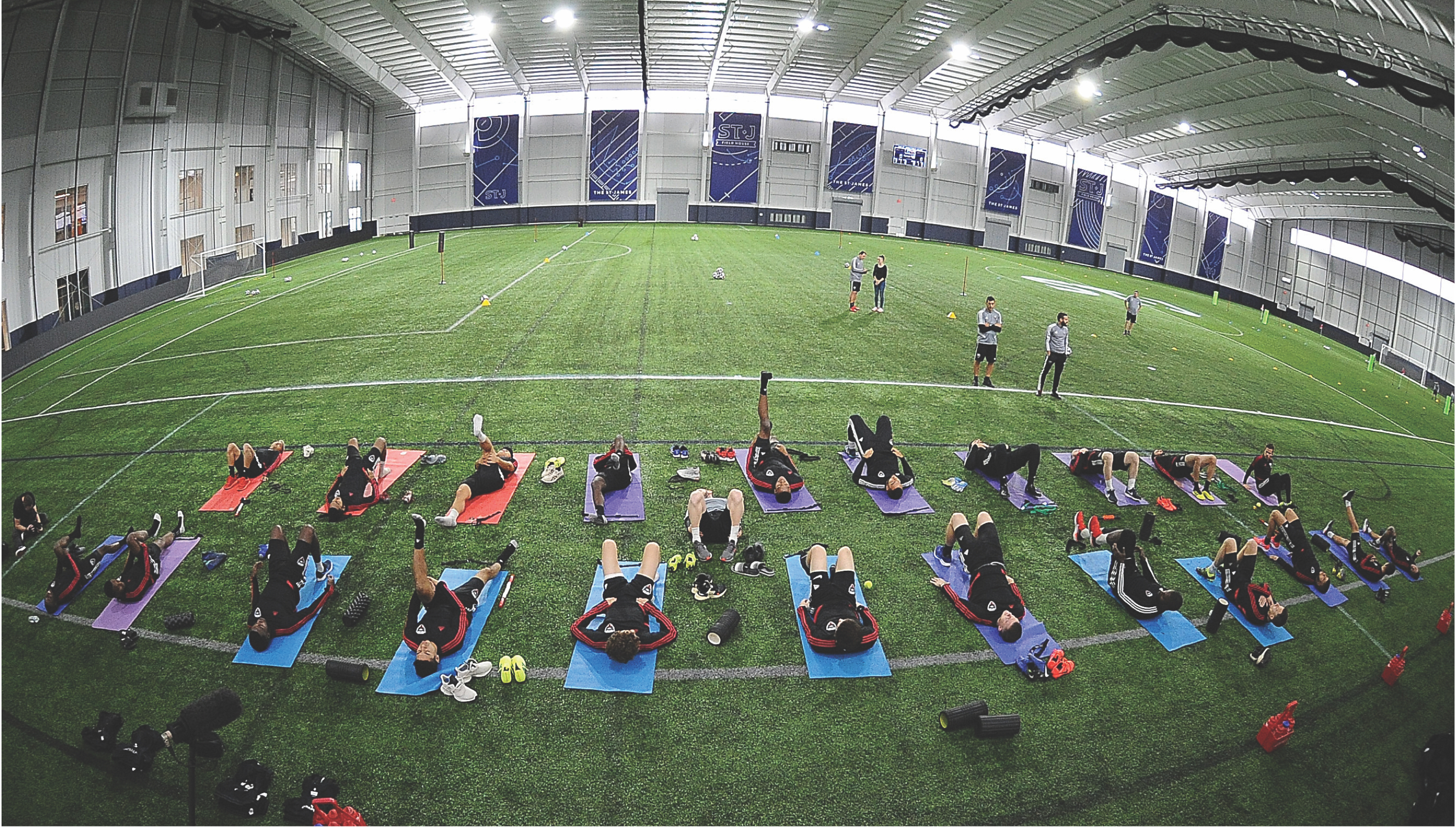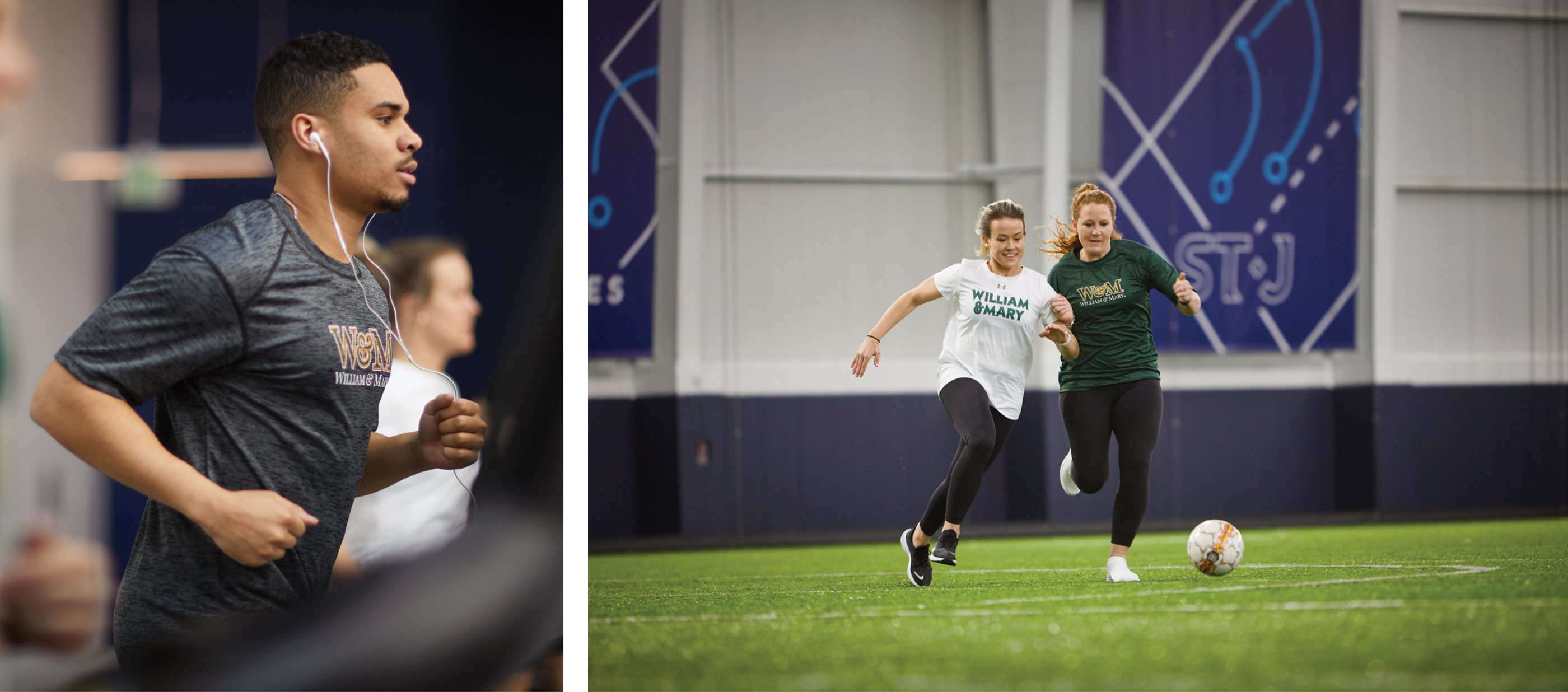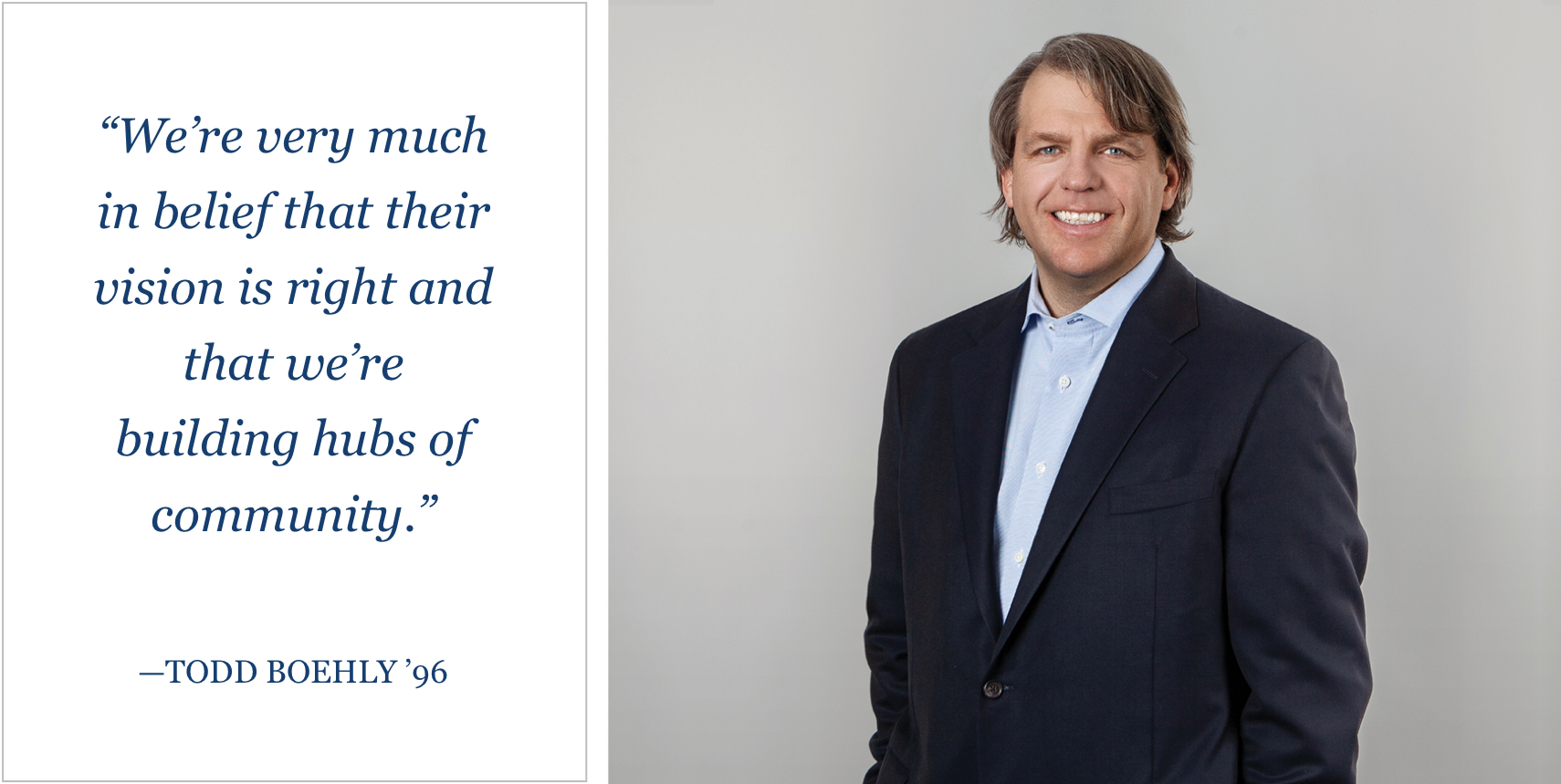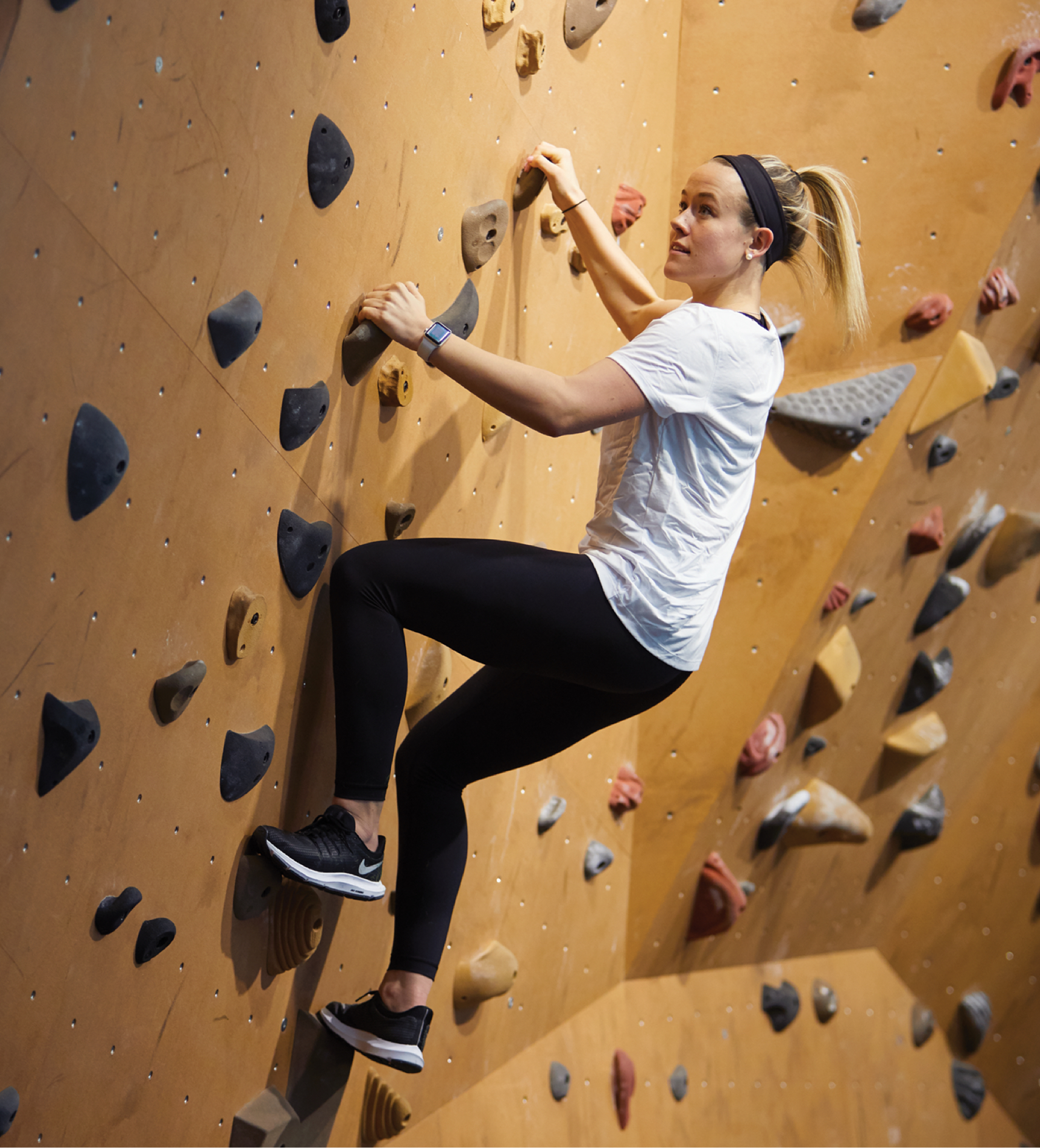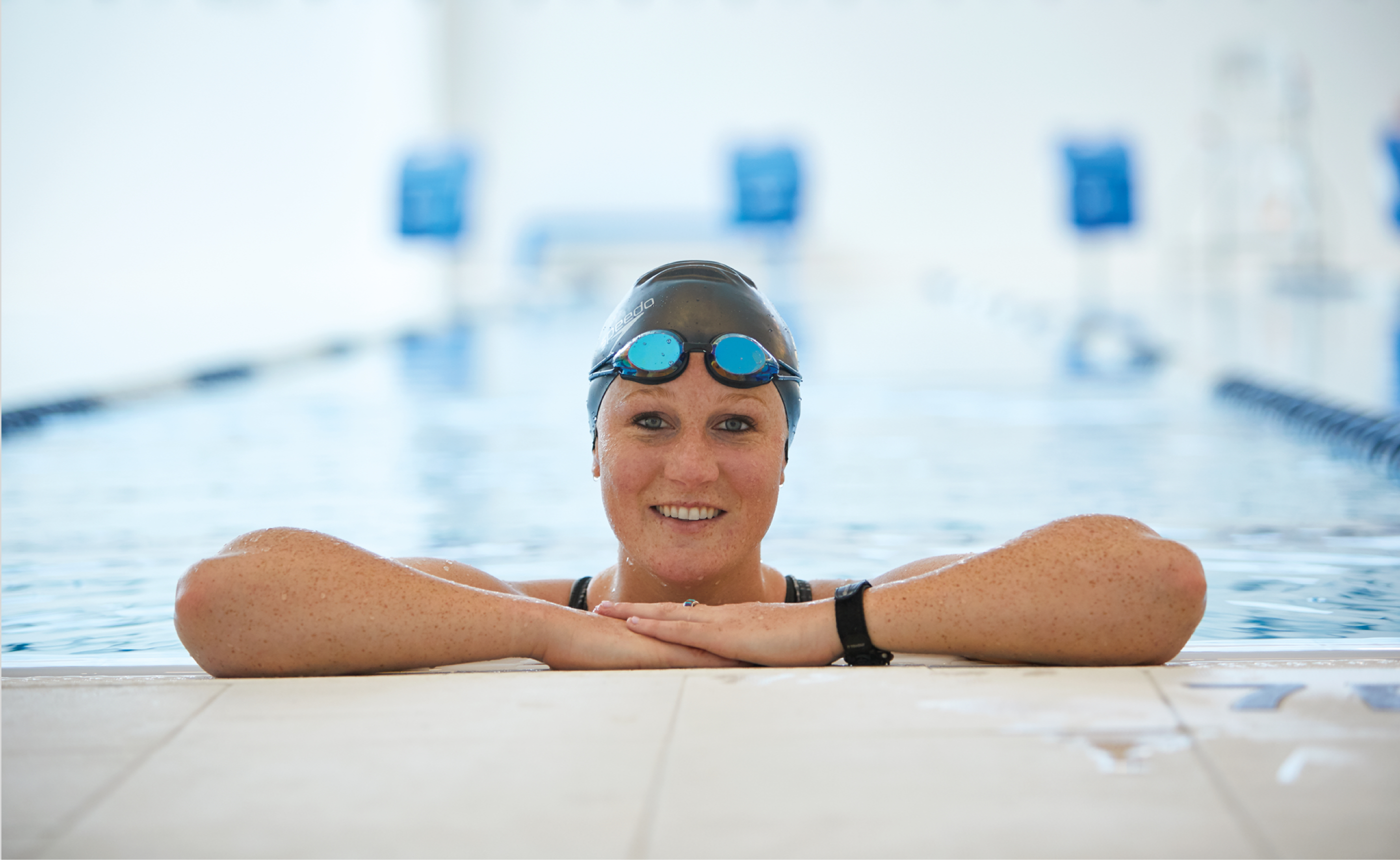Their professional experience also positioned them well for such a venture, he says. “Kendrick was an investment banker. I was an M&A lawyer for a long time, and we spent our careers learning how to develop a business case, analyze businesses and understand how businesses work and don’t work, so we could articulate why somebody should invest in an opportunity like this.”
Laying the Groundwork
They chose the Washington, D.C., area, their old stomping grounds, as a location, and began developing their business plan and raising capital.
The 20-acre site is about 3 miles from the Springfield interchange of interstates 95, 395 and 495, just 13 miles from the United States Capitol, in a mixed commercial and industrial area that includes an Amazon distribution center, a gravel yard at Vulcan Materials and the Fairfax County Archives and Records.
“One of the beauties of our location is that we’re highly accessible for the whole region,” Dixon says. While planning The St. James, Dixon notes, the partners studied the D.C. region’s demographics and levels of participation in about 30 sports down to the ZIP code level.
“We looked at every competitive offering in the marketplace, literally every place that had a health club or basketball courts, golf courses, driving ranges, pools, ice, turf, etc. Every spa, every restaurant, how many courts, and the quality of all of those offerings.”
They invested their own money in the project, and received support from family and friends.
Among the investors in the project’s early stages were former Tribe football team captain and center Joseph W. Montgomery ’74, former co-captain and defensive tackle Craig Staub ’93 and Jimmy F. Robinson Jr. J.D. ’98, a managing shareholder at Ogletree Deakins’ Richmond office.
Montgomery was managing the William & Mary endowment when Ashton served on the Board of Visitors from 2012 to 2016. He also had observed Ashton as a football player with skills that tend to carry over into an athlete’s professional life.
“I had some sense of his work ethic and what it takes to excel in school and sports — the discipline it takes,” says Montgomery, managing director of investments with The Optimal Service Group of Wells Fargo Advisors in Williamsburg, Virginia.
“I was very excited when I found out about their venture and the plans that they have for the business,” he adds. “Anytime you start something new like that, it takes a lot of courage. It also takes a lot of confidence and a lot of preparation. Obviously, they put in the time.”
Staub got to know Ashton while serving on the William & Mary Foundation board, which Ashton had served on previously, when meetings at the college overlapped. During one of their conversations, Ashton told him about The St. James project, and the idea resonated with him. A managing principal with Odyssey Investment Partners in New York City, Staub is also a parent who experienced some of the same frustrations with a lack of adequate indoor athletic facilities that Dixon and Ashton had found.
“There’s a huge demand and there doesn’t seem to be enough supply of these kinds of options,” he says. “As I walked through their plan, their preparation, I was very impressed with Craig and Kendrick,” Staub says, adding that the partners seemed to have thought out every element of building, staffing and opening The St. James. “It was a combination of understanding and buying into their vision and my belief in their ability to execute.”
Dixon says such support has been important to the project’s success.
In addition to the investors, “We also have a couple of alumni working here on the team as well. In fact, Ken Tyler ’87, M.Ed. ’89 is our director of athletics. He played basketball at William & Mary.” Our strategic planning analyst Aaron Swinton ’17, M.Acc. ’18 was a defensive back on the football team.
“William & Mary prepared us, but also, the William & Mary community has continued to help sustain us as we’re building and growing this business.”
Enter Todd Boehly
After an initial round of fundraising, Ashton and Dixon needed a financial partner to help them bring their vision to fruition.
“We hired Kendrick’s old firm to help us identify a partner who would help finance this business and this concept,” Dixon says. The partners talked with a variety of financial institutions and prospective investors.”
